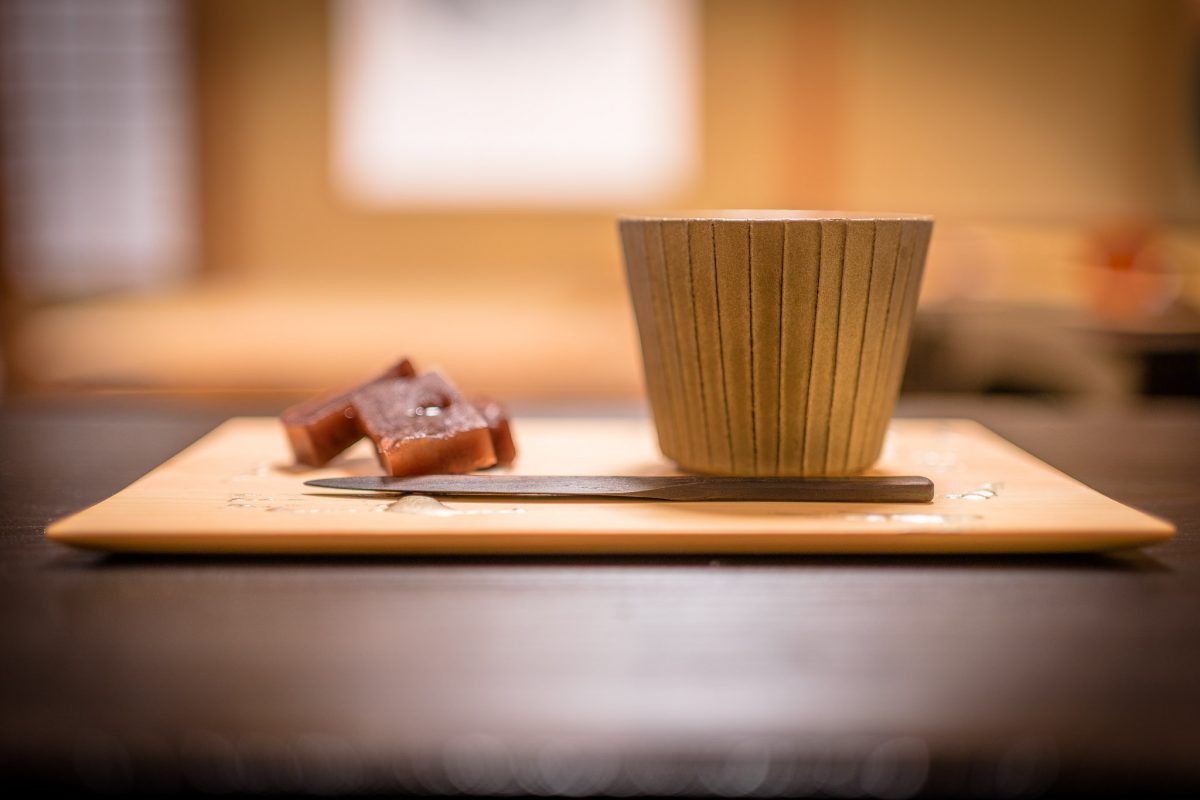Japan’s relationship with coffee is a fascinating blend of precision, respect, and artistry. While tea has long been the dominant drink in Japanese culture, coffee has carved out its own space, evolving into a unique cultural ritual. In this article, we will explore the origins, cultural significance, and unique practices of Japanese coffee rituals, highlighting how tradition and modern craft intersect in every cup.
The History of Coffee in Japan
Arrival of Coffee in Japan
Coffee first arrived in Japan in the 17th century through Dutch traders in Nagasaki. However, it wasn’t until the late 19th century during the Meiji era that coffee gained popularity as Japan opened its doors to Western influences.
The Rise of Kissaten Culture
In the 1920s, the kissaten (traditional Japanese coffee houses) became popular. These establishments weren’t just about coffee; they were about ambiance, slow living, and meaningful conversation.
Key Features of a Kissaten:
- Hand-drip brewing methods
- Attention to detail in presentation
- A focus on creating a serene atmosphere
The Japanese Coffee Philosophy
Coffee as an Art Form
In Japan, coffee brewing is considered a craft. Every step—from grinding the beans to pouring hot water over them—is performed with precision and mindfulness.
The Key Brewing Methods:
- Pour-Over (Hario V60): Known for its clean and precise extraction.
- Siphon Brewing: A theatrical method that showcases both science and art.
- Nel Drip: A slow and delicate brewing method using a flannel filter.
Focus on Quality Over Quantity
Unlike many Western coffee cultures, Japan emphasizes quality over quantity. Small batches of carefully roasted beans, precise water temperatures, and slow pouring techniques are essential.
The Role of Kissaten in Modern Japan
A Place of Reflection
Kissaten are more than coffee shops; they are sanctuaries for quiet reflection, reading, and conversation.
Why People Visit Kissaten:
- Escape from the fast pace of city life
- Enjoy a single, perfectly brewed cup of coffee
- Experience nostalgia and tradition
Modern Coffee Shops vs. Traditional Kissaten
While modern coffee chains like Starbucks are widespread in Japan, traditional kissaten still thrive.
Differences:
- Kissaten focus on manual brewing; modern chains prioritize speed.
- Kissaten emphasize customer relationships; modern chains focus on efficiency.
Japanese Coffee Ceremonies and Rituals
The Siphon Coffee Ritual
The siphon brewing method is treated almost like a tea ceremony in Japan. The process involves:
- Heating water in a lower chamber.
- Allowing vapor pressure to push water into an upper chamber.
- Brewing coffee grounds gently.
- Allowing coffee to flow back into the lower chamber.
Seasonal Coffee Experiences
In Japan, coffee offerings often change with the seasons. Specialty drinks feature ingredients like sakura (cherry blossoms) in spring and matcha in winter.
Omotenashi: The Spirit of Hospitality
The Japanese philosophy of omotenashi (selfless hospitality) is deeply embedded in coffee rituals. Every cup is prepared with care, and serving coffee is seen as an act of respect.
Unique Japanese Coffee Trends
Canned Coffee Culture
Japan revolutionized the coffee industry with the invention of canned coffee in the 1960s. Available hot or cold from vending machines, canned coffee remains a symbol of convenience.
Coffee and Dessert Pairings
In Japan, coffee is often paired with delicate desserts such as castella cake, dorayaki, or traditional wagashi sweets.
Third-Wave Coffee Movement
Japan has fully embraced the global third-wave coffee movement, focusing on:
- Single-origin beans
- Artisan brewing techniques
- Coffee education workshops
Sustainability and Ethical Coffee Practices in Japan
Japanese coffee culture is also becoming more conscious of sustainability:
- Supporting fair trade coffee farmers
- Reducing plastic waste in packaging
- Promoting reusable cups
Tips for Experiencing Japanese Coffee Culture
- Visit a traditional kissaten.
- Try a hand-brewed siphon coffee.
- Explore seasonal coffee drinks.
- Enjoy coffee paired with traditional Japanese sweets.
- Purchase locally roasted coffee beans.
Conclusion
Japanese coffee rituals offer a beautiful blend of precision, hospitality, and artistry. Whether it’s sipping coffee in a tranquil kissaten or enjoying a can of coffee from a vending machine, Japan has redefined how the world experiences coffee.
Image credit: https://kyotojournal.org/blog-highlights/coffee-ceremony-with-doi-hirotomo/




Leave a Reply